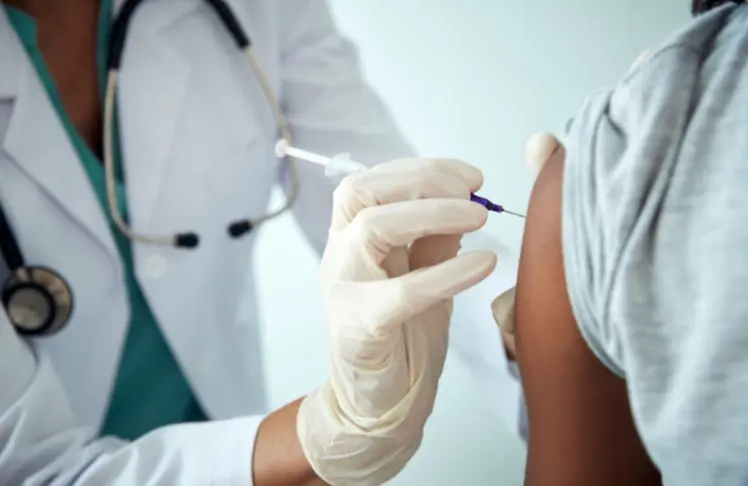
By Joy Young
Gilead Sciences has awarded Howard University’s College of Medicine nearly $1 million to improve HIV prevention and care for Black girls and women, the university announced early this month.
Howard was among 19 institutions to receive a total of $12.6 million in funding.
The grant is part of the pharmaceutical company’s Setting the P.A.C.E Initiative (Prevention, Arts and Advocacy, Community, Education), a three-year program created to increase health equity efforts and reduce the stigma correlated with HIV.
All the funds dispersed go towards initiatives that are led or co-led by Black women, according to a press release published by Gilead
Gilead executives credited a “strategic, community-centered approach” to solving health disparities in the Black and LGBTQ community.
“Gilead continues its commitment to advancing health equity for Black cisgender and transgender women and girls in the U.S that continue to be disproportionately impacted by the HIV epidemic,” Deborah H. Helman, the executive vice president of Gilead Sciences, said.
The grant money will be allocated towards multiple initiatives, according to Gilead’s press release, including creating arts-based educational programs and providing culturally responsive HIV care training.
Howard University’s medical program is led by Sohail Rana, director of pediatric hematology; Patricia Houston, program director of the HIV/Hematology Unit; and Tia C. Tyree, director of the Graduate and Teaching Associates Development Program.
Howard University’s medical program is led by Sohail Rana, director of pediatric hematology; Patricia Houston, program director of the HIV/hematology unit; and Tia C. M. Tyree, director of the Graduate and Teaching Associates Development Program.
“Dr. Rana and I, we’ve been involved in doing clinical trials, and we’ve helped to treat patients with HIV for years,” Houston said. “So now, we want to move more into the field of making sure that we actually prevent HIV and make sure that everyone has access to all the latest across the community, especially when it comes to Black women.”
According to Houston, the team plans to reach out to Howard University students, the greater D.C. community, and beyond, creating webinars, podcasts, blogs, art workshops, and even a fashion show.
They also plan to gather up to 20 Howard peer educators who will utilize performing arts in the 15th Annual International Conference on Stigma from November 19-22.
“HIV education has often been targeted to the male and gay community, so we want to make sure that Black women know about this and that they have access to information if it is something that they’re interested in,” Houston said.
Statistics show that Black women face not only higher rates of HIV but also have a more challenging time accessing PrEP, a prescribed medicine that can reduce the risk of contracting the infection.
According to a 2021 study published by the Centers for Disease Control and Prevention, although 14% of women living in the United States are Black, they account for about 53% of new HIV diagnoses. Black transgender women are also more likely to go undiagnosed and have the highest rate of HIV diagnoses.
Asia Douglas, a member of Cascade, Howard’s undergraduate LGBTQ+ student association, hopes the initiative helps protect the next generation of black women.
“I think a lot of women believe that they’re at less risk for getting HIV,” she said. “It’s cool that this type of education is being funded and the subject is being taught creatively. Hopefully, the more people learn, the less stigmatized the disease will be.”















